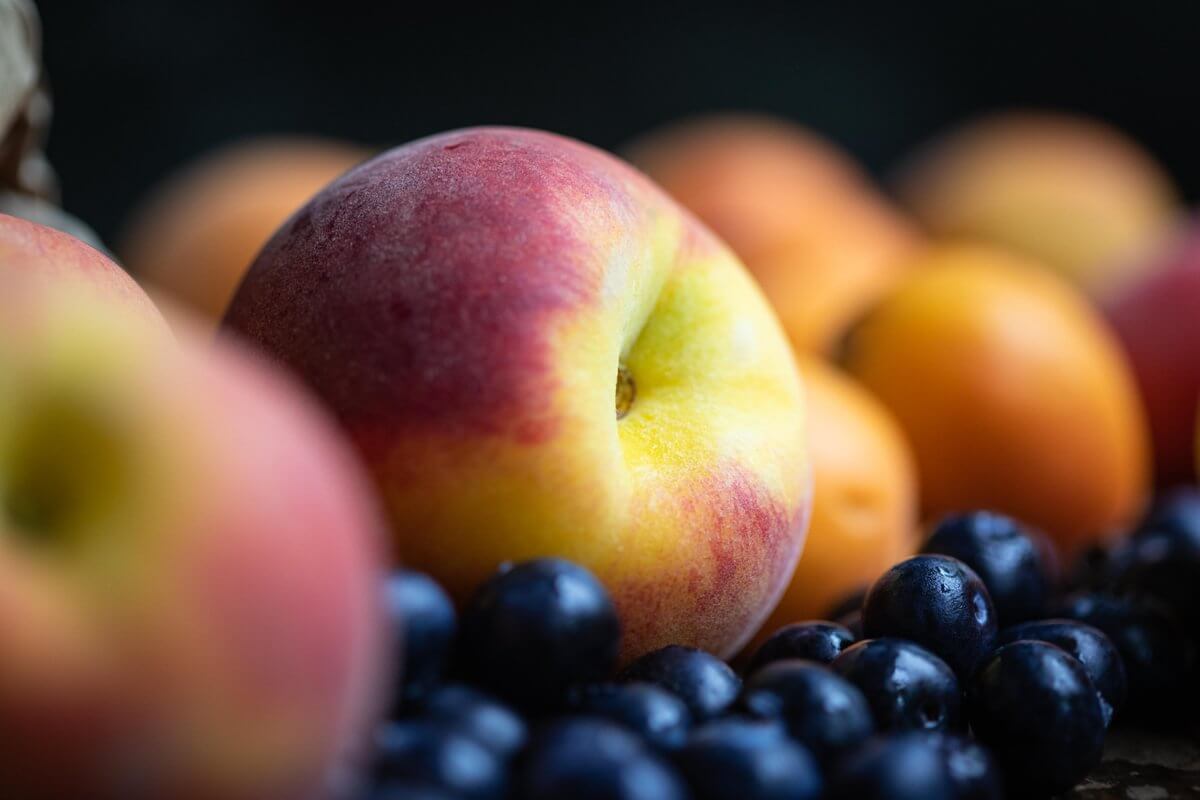Objective, measurable specifications are the holy grail of quality control, but whether teaching children, breeding cows or growing veg, focussing on the measurable risks losing the subjective; in our case, that’s flavour. What percentage of a broad bean must be beans? How many spots are acceptable in a chard leaf? These issues can be quantified and do matter, but so does flavour and the excitement of irregularity as evidence of the wilder side of food.
Of course it is your opinion that really counts and if here on the farm, I reckon most of you (like me) would let the borderline veg through; we all hate food waste, especially when it is so obvious how much work has gone into growing it. Yet in the kitchen, when harassed after a hard day’s work and trying to get dinner on the table, many of you are understandably less forgiving. It is a narrow line. I am determined never to be like the supermarket buyers I once loathed; it is up to us to encourage you to focus on culinary rather than cosmetic quality, and occasionally even to argue for tolerance from a producer’s and environmental point of view, so long as we don’t tip over into arrogance.
Our environmental work with Exeter University a few years back suggested 85% of the carbon footprint of our veg is clocked up after leaving the field. While some of you would embrace turnip tops and scarred outer lettuce leaves, many do not, so we’ve learned it is best to leave the trimmings in the fields where they contribute to soil fertility; picking, packing, cooling and transporting them just to add to your household waste may be well-meaning, but it is misguided. Those of you that have been with us for many years will have noticed that our veg is trimmed more and is cleaner; it is a progression that I have sometimes resisted but mostly I have been wrong. Our quality control team have done a great job in driving up standards and getting the waste in the right place. There have been occasional suggestions of compromise (even sell-out) but I would argue it is more like pragmatic common sense. The critical thing is that we keep tasting, arguing and valuing the subjective as well as the measurable.












0 Comments